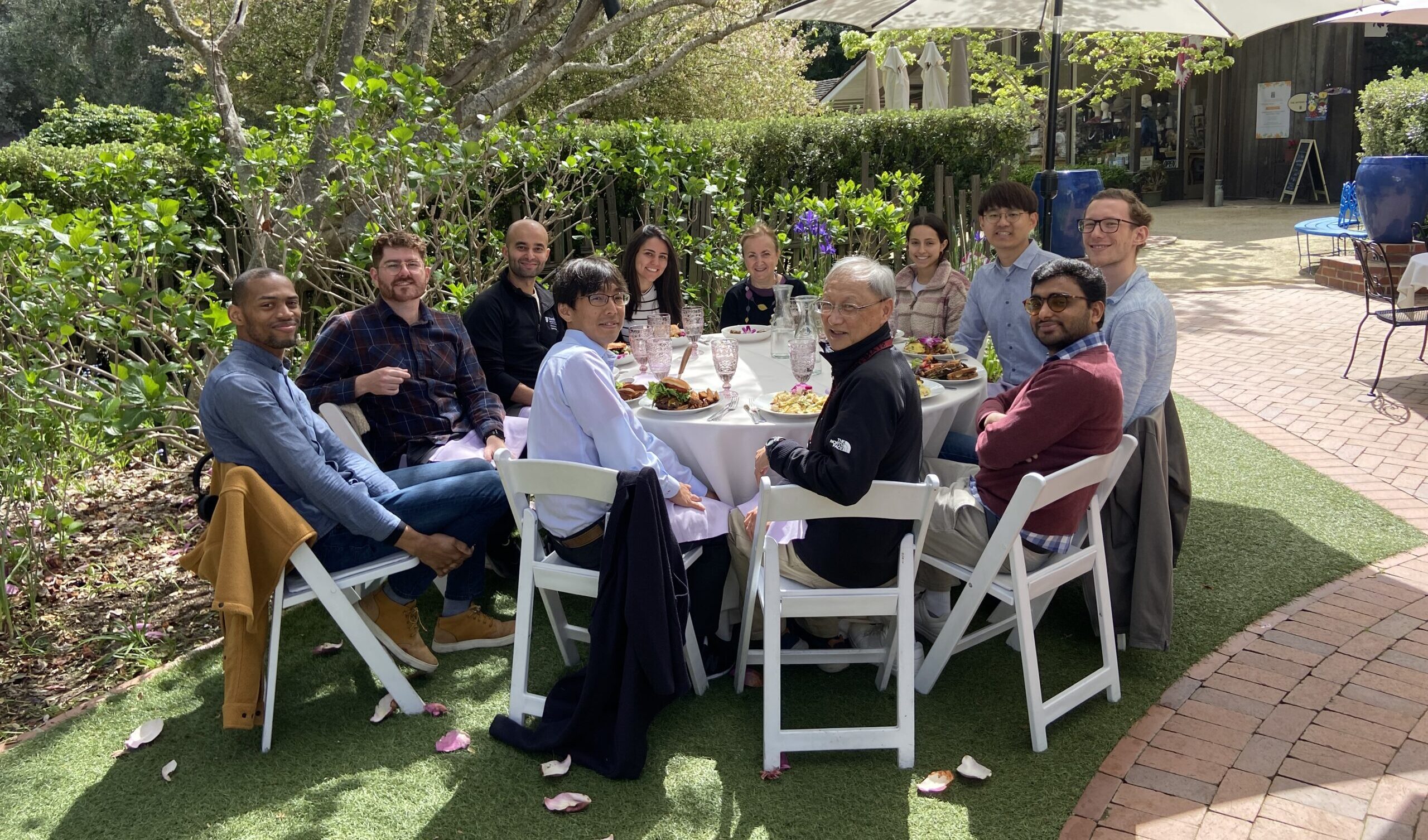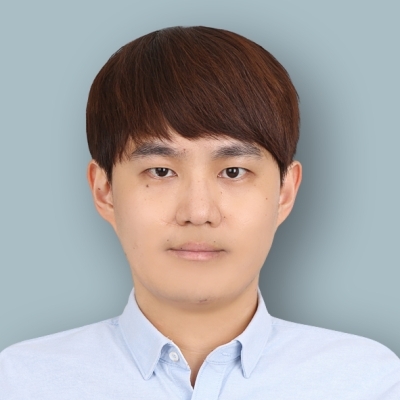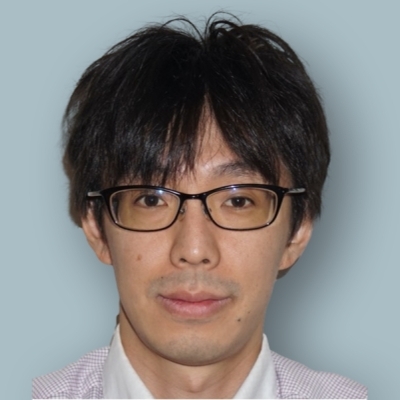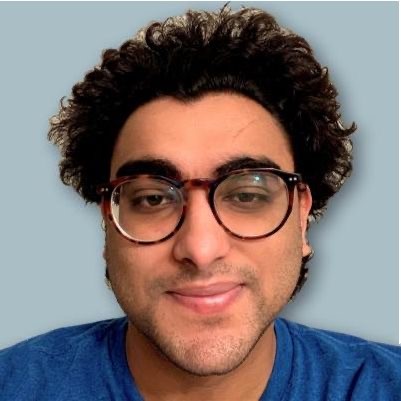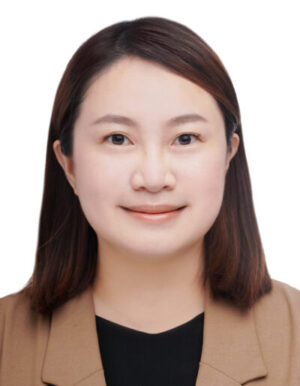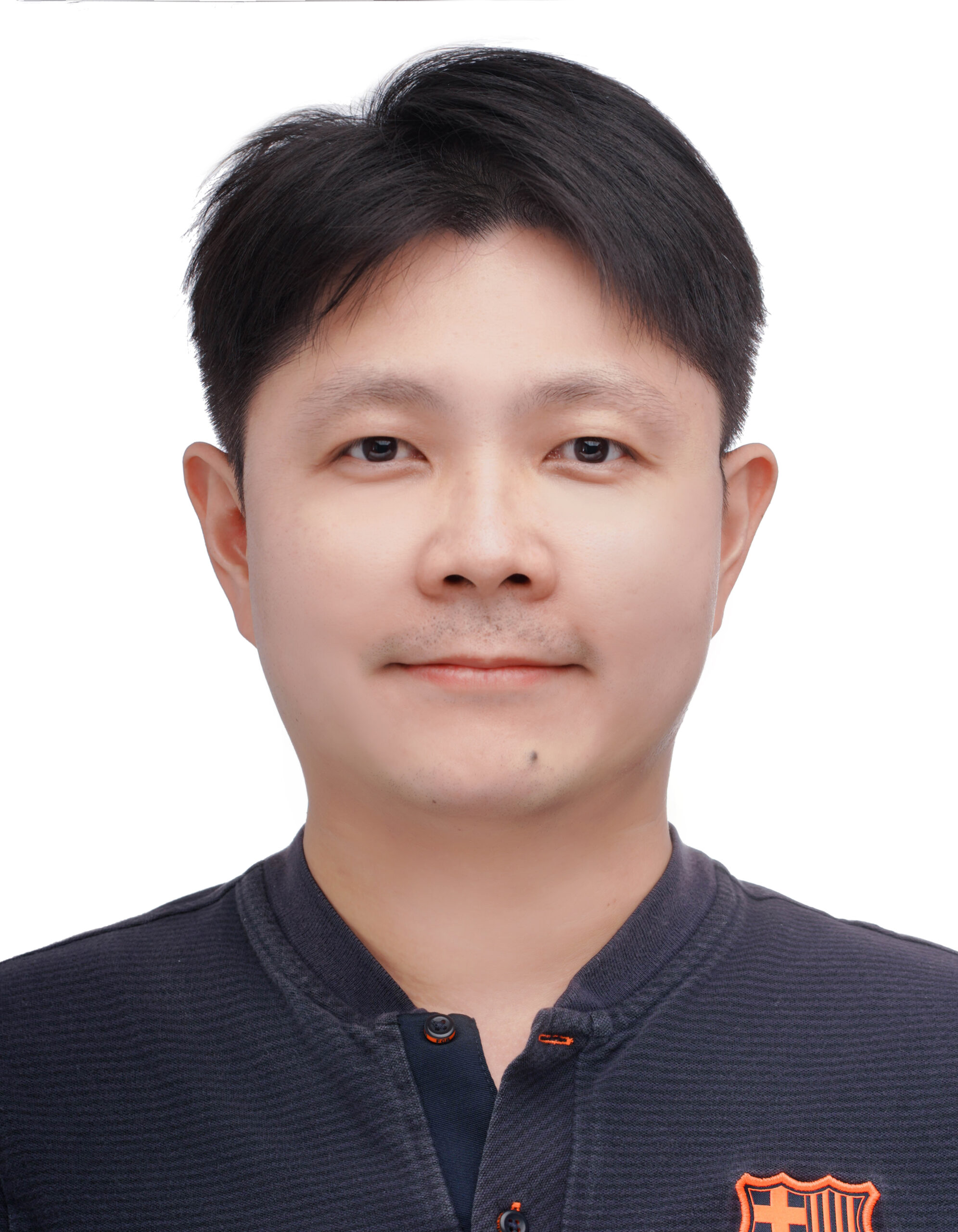
Daria Mochly-Rosen, Ph.D.
Professor
Email: mochly@stanford.edu
Dr. Daria Mochly-Rosen received her B.Sc. at Tel Aviv University and her doctorate in Chemical Immunology from the Weizmann Institute of Science in Israel. After two years of postdoctoral training with Dr. Dan Koshland Jr, at UC Berkeley, she spent seven years at UC San Francisco (as Assistant and Associate Professor in Residence in the departments of Neurology and Pharmacology). Dr. Mochly-Rosen joined Stanford University, School of Medicine in 1993 where she is a Professor in the Department of Chemical and Systems Biology; she served as Chair of this department for four years. In 2005, she was appointed the Senior Associate Dean for Research in the School of Medicine, a position she held until 2013.
Dr. Mochly-Rosen is a protein chemist who used her basic research discoveries to develop a number of drugs for human diseases. Dr. Mochly-Rosen’s effort has been focused on basic research in signal transduction and its translation into drugs that address unmet clinical needs. She has been studying a family of enzymes called protein kinase C. Her laboratory developed a rational approach to identify novel and specific peptide inhibitors of protein-protein interactions for each member of this family of enzymes. She shared these research tools with over a hundred laboratories, which greatly advanced the field. These tools, and her laboratory work in applying these tools for cardiovascular research, provided the foundation for KAI Pharmaceuticals Inc. (2003; acquired by Amgen, 2012). Since then, she has expanded her focus to include the ALDH family of enzymes, and her laboratory has developed both inhibitors and activators of specific ALDH isoforms. These tools show promise in cardiovascular disease, Fanconi anemia, alcohol metabolism deficiency and oncology. This work forms the basis for Dr. Mochly-Rosen’s newest effort, ALDEA Pharmaceuticals, Inc. (2011).
